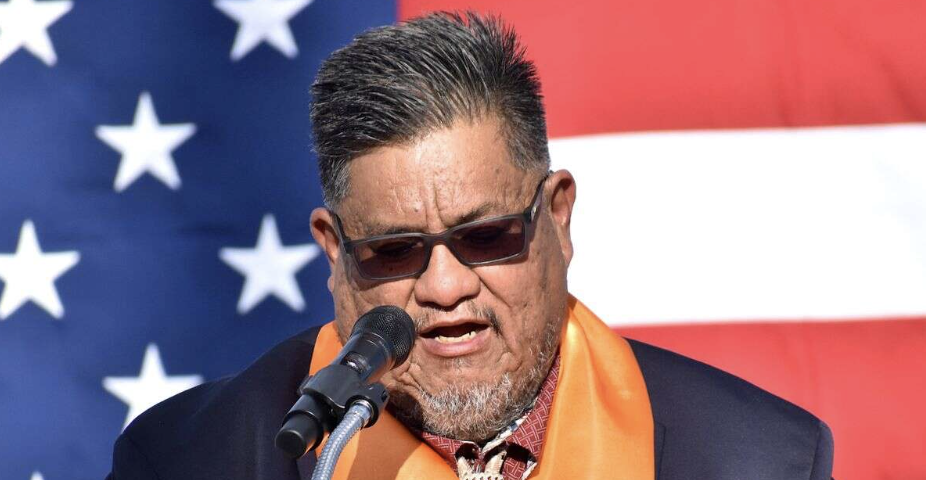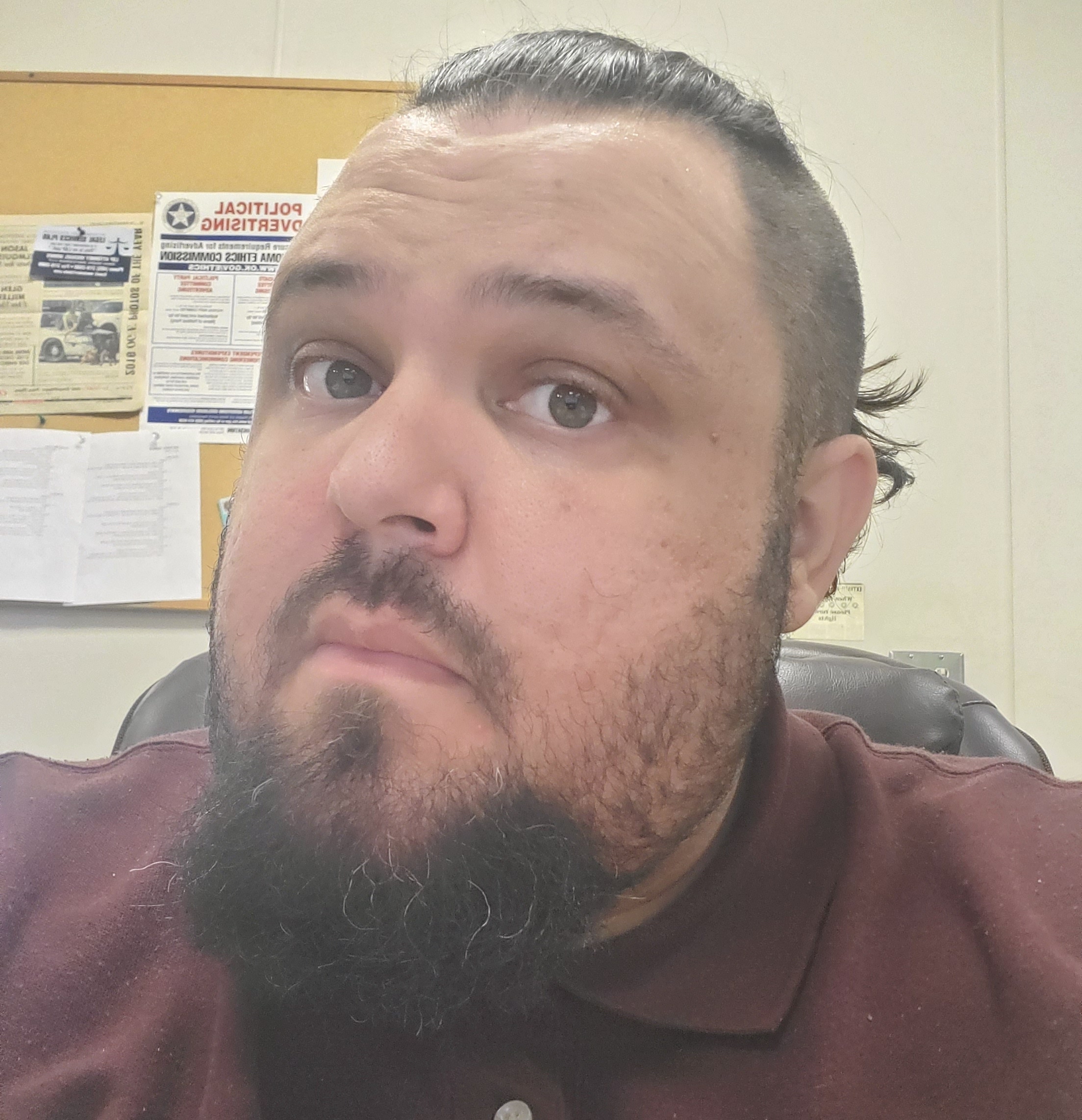
- Details
- By Chez Oxendine
Ute Mountain Ute Tribe council member Lyndreth Hemp Wall has been ordered into a halfway house in Denver, Colorado by U.S. Magistrate Judge James Candelaria amid accusations of sexual abuse on the tribe’s reservation.
Wall will remain in the Denver halfway house until a spot opens up in a Durango, Colorado facility, per a report from the Cortez, Colorado-based publication The Journal.
The decision comes after the U.S. Attorney’s Office announced a federal indictment against Wall on 12 charges of sexual abuse that allegedly occurred on the Ute Mountain Ute Tribe’s reservation from 1997 to 2017.
The charges are divided into two groups: eight counts of sexual abuse, and four counts of abusive sexual contact. Details of four women in the indictment allege that the abuses took place while Wall was “operating in a traditional manner as a healer.”
The same accounts state that the women believed the assaults were a necessary step in their healing. At least one woman was under 16 when the assaults allegedly began, and the same woman stated the assaults continued until 2016.
In the wake of the indictment, Wall has been removed from all boards and commissions and has received a formal reprimand from the council. Wall has been given a choice to resign from the council or face indefinite unpaid leave, the tribe announced last week, per the Journal report. If Wall refuses to resign, he could be removed from the council entirely by a two-thirds vote.
That would end a tenure that began in November after Wall cleared his opponent, Leland Collins, by six votes. If Wall is convincted on any of the 12 charges, he will never be eligible to serve on the Ute Mountain Ute Council again.
More Stories Like This
Native News Weekly (August 25, 2024): D.C. BriefsNavajo Nation Mourns the Passing of Former Vice President Rex Lee Jim
Deb Haaland Earns Endorsement From Communications Workers of America Local 7076
University Soccer Standout Leads by Example
Two Native Americans Named to Democratic Congressional Campaign Committee's“Red to Blue” Program
Help us defend tribal sovereignty.
At Native News Online, our mission is rooted in telling the stories that strengthen sovereignty and uplift Indigenous voices — not just at year’s end, but every single day.
Because of your generosity last year, we were able to keep our reporters on the ground in tribal communities, at national gatherings and in the halls of Congress — covering the issues that matter most to Indian Country: sovereignty, culture, education, health and economic opportunity.
That support sustained us through a tough year in 2025. Now, as we look to the year ahead, we need your help right now to ensure warrior journalism remains strong — reporting that defends tribal sovereignty, amplifies Native truth, and holds power accountable.
 The stakes couldn't be higher. Your support keeps Native voices heard, Native stories told and Native sovereignty defended.
The stakes couldn't be higher. Your support keeps Native voices heard, Native stories told and Native sovereignty defended.
Stand with Warrior Journalism today.
Levi Rickert (Potawatomi), Editor & Publisher


